Human Rights Watch Film Festival 2019 Part 1: THE CLEANERS, BELLINGCAT, ANBESSA, THE FEELING OF BEING WATCHED
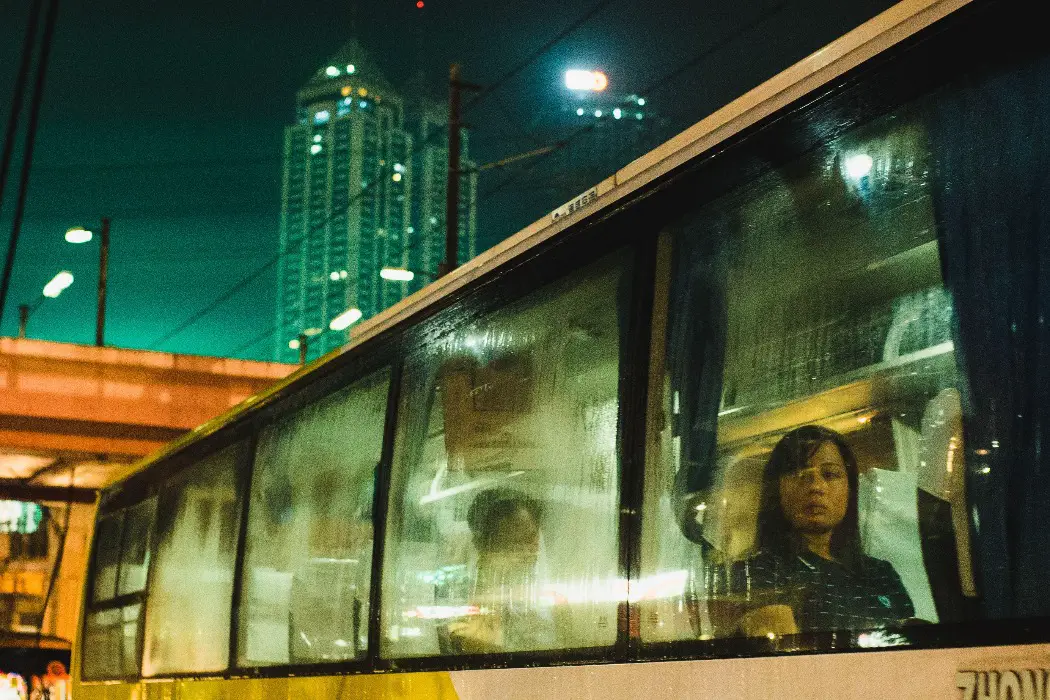
Musanna Ahmed is a freelance film critic writing for Film…
I saw a solid selection of documentary films that played in the first half of the Human Rights Watch Film Festival 2019. The stimulating films – The Cleaners, Bellingcat: Truth in a Post-Truth World, Anbessa and The Feeling of Being From Watched – were from around the world and all deftly engaged with important global matters, some in more appealing cinematic ways than others. Here are my reviews:
The Cleaners (Hans Block & Moritz Riesewieck)
There’s this idea that our digital imprint never truly gets erased, no matter how many tweets we delete or accounts we deactivate. As soon as we post something, it’s stored somewhere immediately. The content that gets removed, ranging from politically incorrect jokes to hate speech to obscene videos, can be unburied through certain ways should we be sparked by morbid curiosity. In some parts of the world, though, these materials are never even distributed thanks to a network of “cleaners”, content moderators who are the first point of contact for each and every contentious picture. They decide if it’s allowed to be posted or banished.
Hans Block and Moritz Riesewieck’s documentary The Cleaners focuses on the internet cleaners operating in Manila, who serve as the judges, juries and executioners of content that they don’t think internet users in the Philippines should see. The subjects choose to keep their names anonymous but grant the filmmakers remarkable access to their work in situ. The directors respectfully circumvent asking the subjects directly about their personal lives so we have to glean this information through talking heads.
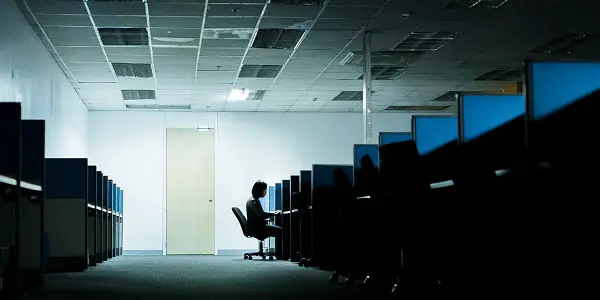
Europe and the USA account for a large percentage of the disturbing digital traffic that comes their way, typically labelled under politics, pornography or violence. Sometimes there are crossovers of these categories, like artist Illma Gore’s virally circulated painting of Donald Trump with a small penis, which is a particularly interesting case study. Mark Zuckerberg once spoke about Facebook’s goal of “giving everyone the power to share anything with anyone.” As one narrator concludes, the entrepreneur unwittingly became the front page news editor of the online world with this design choice and these internet cleaners are obliterating his vision.
In recent years Facebook has been plagued with controversies about its content policies and the objectionable content bred by these controversial parameters. Likewise, Google has had trouble at policing content, as former Deputy General Counsel Nicole Wong is told when testifying before Congress. As for Illma Gore’s Trump painting, the moderator explains the removal of it due to presenting a negative image of the President, implying an ideology-driven process. The moderator also says that approving photos featuring nudity as the gravest sin, so it’s possible that assaulting a world leader’s ego isn’t so much of an issue after all.
It’s highly thought-provoking to see humans working behind the scenes to police the internet and not some artificially created auto-moderators like in the average Reddit forum. Internet cleaning seems like one of the most mentally, emotionally and spiritually draining jobs in the world, to be viewing tens of thousands of sickening images per day – it’s sadly unsurprising when we hear of one cleaner who took his own life after specialising in removing suicide footage.
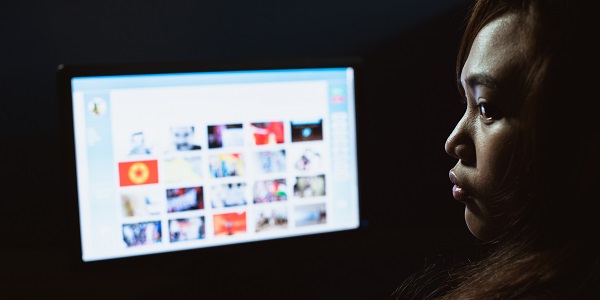
If an employee wants to skip a distressing video, it’s marked as an “error” – they’re only allowed three errors per month. So, if a job like this must exist, and somebody needs to it, the pressure is entirely on human response. Logically, it would make sense to select an apathetic individual to do the job considering they’d be mentally cut out for it but, on the other hand, the numbness could mean absolute danger.
As aforementioned, personal ideology will affect the work as much as having an iron stomach. The filmmakers don’t appear to take any sides themselves by considering the topic from multiple sides, exploring ideas such as limiting expression versus censorship, the human cost of keeping the cyber-crime rate low, freedom of speech, etc. The moral and political debates around digital cleaning from a unique empirical perspective are what make the brilliantly assembled The Cleaners so compelling.
Bellingcat: Truth in a Post-Truth World (Hans Pool)
Michel Foucault casts his presence over this year’s edition of HRWFF with two films opening by quoting him. One is The Feeling of Being Watched, which utilises a passage related to Panopticism, and the other is Bellingcat which begins with a very relevant text for contemporary journalism: “Truth does not belong to the order of power but shares an original affinity with freedom.”
In the East Midlands of England, British journalist and former blogger (known as Brown Moses) Eliot Higgins researches and works with investigators to publish analysis of major human rights cases for his website Bellingcat. Working out of Leicester, he administers an open-source platform for fellow acclaimed citizen journalists to digitally gather information under the umbrella of truth in journalism. He speaks of having an addictive personality – formerly obsessed with video games – a personal facet that has facilitated his deep dives into criminal investigations around the world including the Skripal poisonings and the MH17 plane crash.
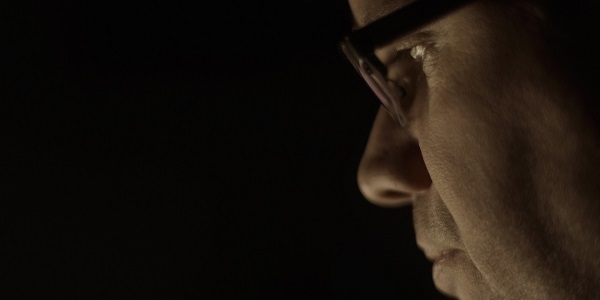
The internet can sometimes be a tool of danger for such operations as evidenced by the horrendous misinformation spread in Reddit’s infamous failure to identify the Boston marathon bomber, which resulted in the victim Sunil Tripathi claiming his own life. Higgins and his team are no typical Reddit bloggers, though, as this documentary presents live scenes of them working together on the research and presentations of current cases, such as tracking down Mahmoud al-Werfalli, the first person to be handed an arrest warrant by the International Criminal Court. The meticulous attention to detail reminds me of the work of Forensic Architecture, who collaborated with Bellingcat on analysing the standoff in El Junquito.
Filmmaker Hans Pool is commodiously accommodated in the world of Bellingcat, embedding himself in the lives and works of the terrific team which includes Eastern Europe specialist Aric Toler and Christiaan Triebert, whose work is also published in The New York Times and Al Jazeera. However, Pool can’t really make his film any more cinematic out of the ingrained uncinematic material of watching people on computers, suggesting that the written medium may have been preferable. Maybe a long-read on The Guardian would have served this document better.
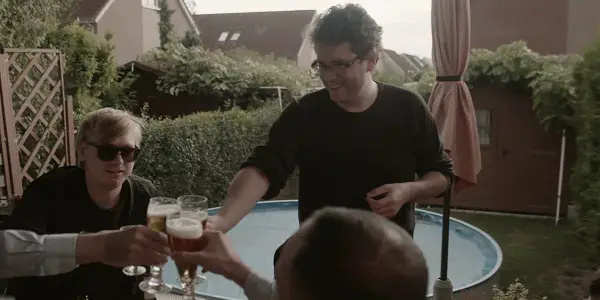
Citizen journalism is something people anywhere can throw themselves into as social media provides a new basis for evidence and Higgins presents a well-founded case for why open-source investigations are key to discovering the truth. With fake news cries by mainstream Russian and American media and politicians as the backdrop, Bellingcat: Truth in a Post-Truth World looks at genuine fake news and truths in a post-truth world by profiling the great home of online investigations.
Anbessa (Mo Scarpelli)
Anbessa is the most pressing Lion King movie to release this year, a statement based on a few key things: basic similarities in theme between the two films (social hierarchy, family, and coming-of-age), the fact that both feature threatening hyenas, and my unfavourable views on Disney’s live-action adaptations. Superficial comparisons aside, Mo Scarpelli’s doc-fiction hybrid is an arresting portrait of a young Ethiopian boy channelling his inner lion, living in his own world against a contrasting socioeconomic reality.
Ten-year-old Asalif and his mother have been displaced from their farmland on the outskirts of Addis Ababa, Ethiopia, by the construction of the biggest condominium complex in East Africa. This development is major; the big, pretty buildings cause Asalif and his young friends to stop and stare. They declare it’s the brightest house they’ve ever seen.
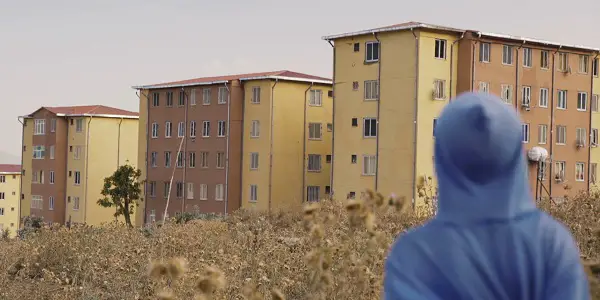
A recurring element of the narrative is the bedtime stories Asalif’s mother shares with him every other night. Listening to her, it’s clear from where he’s sourced his own sparkly imagination. These moral anecdotes are the closest he has to a formal education on the world and life itself, which he otherwise figures out using his practical wit like experimenting with conductive scrap metals to power their home.
The biggest physical challenge for this youngster is the harmful potential of the hyenas in the woods. But his lone parent and surrounding elders alleviate his fears by pointing their fingers at the real threat – wealthy land buyers. It’s in these woods where Asalif exercises his creativity by becoming the “anbessa”, the Amharic word for lion, and Scarpelli works closely with him to show the inner lion through a dream-like lens achieved through a carefully guided performance and surrealistic audio-visuals. These fictionalised sequences feel like an extension of Asalif’s imagination, as if Scarpelli put Asalif in the director’s seat and let him realise his big cat fantasies.
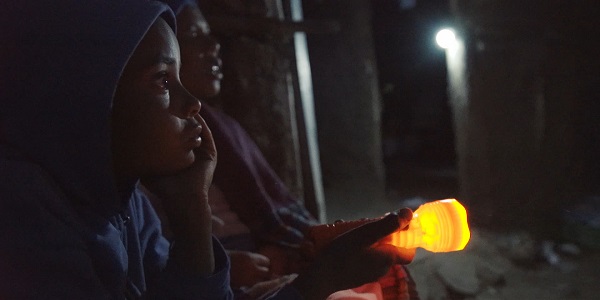
Scarpelli’s film benefits from a naturally striking production design, and the kids’ environmental stimuli speaks volumes of the imbalanced economic, social and political status of this land, and how families like Asalif’s are being forced to accept the unacceptable in this coming period of gentrification. Hopefully, Anbessa can be seen by the powers can be so they don’t ignore these people.
The Feeling of Being Watched (Assia Boundaoui)
Algerian-American filmmaker and investigative journalist Assia Boundaoui tells her cameraperson at one point in The Feeling of Being Watched that her least favourite journalistic approach is the man-on-the-street, for the active challenges it presents for both the interviewer and interviewee’s confidence. It’s especially an exigent task for her goal of enquiring the Muslim community of her hometown Bridgeview, Illinois, about the slippery history of the local FBI operations that predate even 9/11. They’ve been living with a fearful feeling of being watched, but this filmmaker isn’t using her camera for the uncomfortable reasons familiar to them.
Boundaoui wants to get as many signatures as she can from her fellow Arab townsfolk, as part of her pursuit of information revolved around the counter-terrorism investigation codenamed Operation Vulgar Betrayal. This was an FBI probe of a group of Arabian men in Illinois, including the late Boundaoui patriarch, who were suspected of financing terrorist groups in the late 20th century. With no evidence to substantiate these allegations, the charges were dismissed but some of the men were convicted anyway for white collar crimes.
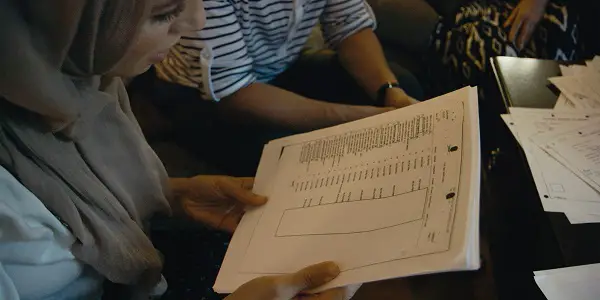
The FBI remained on the tail of these men and the stalking became too much for some, who eventually moved their families out the country. The ones that remained lived in consternation. Boundaoui recalls the FBI knocking on the family’s door back in 1999 and interrogating her mother, months after her erroneously accused father had passed away. Intending to reclaim the hijacked narrative of her community, Boundaoui knocks on the FBI’s digital door requesting the release of the hundreds of records under the Freedom of Information Act. Her plea is rejected, prompting her to lead a campaign with everyone in the neighbourhood.
The director speaks about the on-screen representation of Arabians that she saw growing up. It was awfully discouraging as depicted in films like Aladdin, Raiders of the Lost Ark and True Lies, films of which relevant clips are shown. The negativity of these characters affected her social conduct – they taught her exactly how not to appear and how not to speak and what not to do. A lovely interlude of her friends celebrating a birthday at a roller skating rink is a nice counterpoint to this abhorrent montage. In the next scene, Boundaoui interviews former Assistant US Attorney Mark Flessner about his knowledge of the case. Following his dismissive answers, she chides herself on the way back home back for being too nice.
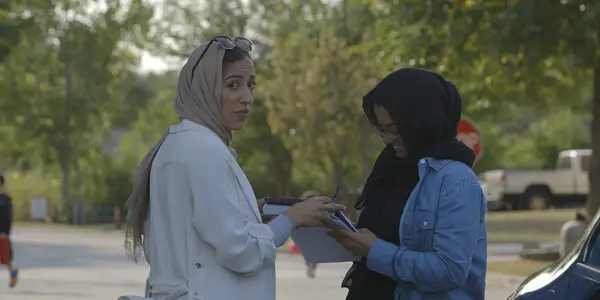
This facet of her personality, of wanting to be liked, is a by-product of the media’s influence. She wants to give them the impression of herself as “this nice Muslim girl who seems normal.” The journey of the filmmaker’s remarkable film also becomes a remarkable journey for herself, as she becomes more courageous and confident in fighting for the freedom of information, and in turn smashing the stereotypical screen image, becoming a role model for minority audiences. Ethnic and religious prejudices within the FBI aren’t gone by the end of The Feeling of Being Watched, but it’s heartening to know that there’s people like Assia Boundaoui and Bridgeview’s supportive community tackling it on the frontlines.
That ends the first part of my coverage of this year’s edition of the Human Rights Watch Film Festival, stay tuned for more reviews including The Trial of Ratko Mladic and closing night film Everything Must Fall.
Does content like this matter to you?
Become a Member and support film journalism. Unlock access to all of Film Inquiry`s great articles. Join a community of like-minded readers who are passionate about cinema - get access to our private members Network, give back to independent filmmakers, and more.
Musanna Ahmed is a freelance film critic writing for Film Inquiry, The Movie Waffler and The Upcoming. His taste in film knows no boundaries.












